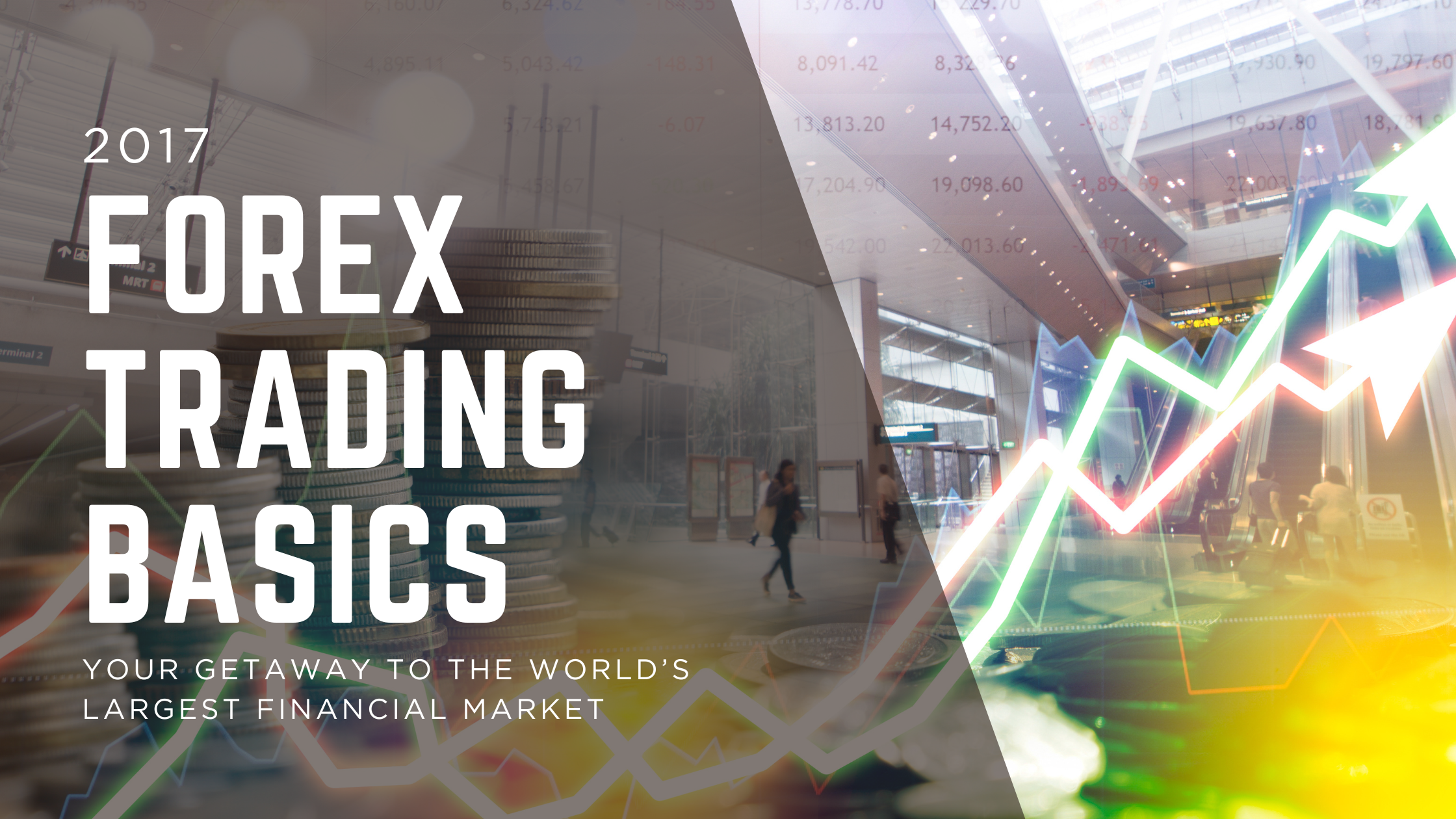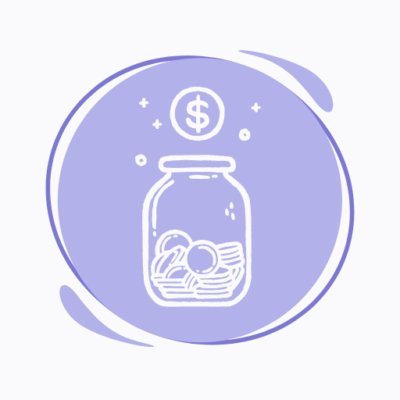
With recent economic developments making traditional income streams less certain, now is the ideal time to explore the investor side of the CASHFLOW quadrant. Forex trading represents one of the most accessible entry points into global financial markets, offering 24/5 trading opportunities in the world’s largest financial marketplace.
💡 Strategic Insight
The changing economic landscape makes this an opportune moment to transition from traditional employment or business ownership to becoming an active investor in global currency markets.
What Exactly is Forex?
The Foundation of Global Currency Exchange
Understanding the basic concept that powers international trade and travel.
💱 Simple Forex Definition
- Forex = Foreign Exchange
- Exchange of one currency for another at agreed rates
- Essential for international travel and business
- Involves trading currency pairs (TTD/USD, EUR/USD, etc.)
Real-World Forex Examples
How currency exchange affects everyday international activities.
- Travel: Exchanging TTD for USD when visiting the United States
- Business: Converting EC dollars when traveling within the Caribbean
- Trade: Importers and exporters exchanging currencies for goods
- Investment: Speculating on currency value movements for profit
The Forex Market: Global Financial Powerhouse
Market Participants and Scale
Understanding who trades currencies and the massive scale of this market.
🏦 Key Market Players
- Central Banks: National monetary policy implementation
- Commercial Banks: Currency exchange for clients and proprietary trading
- Corporations: International business and hedging operations
- Institutional Investors: Hedge funds, pension funds, insurance companies
- Retail Traders: Individual investors like you seeking profit opportunities
Market Statistics and Structure
The impressive scale and unique characteristics of the Forex market.
- Daily Turnover: $3.98 trillion average daily trading volume
- Market Hours: 24 hours a day, 5 days a week
- Global Centers: London, New York, Tokyo, Zurich, Frankfurt, Hong Kong, Singapore, Paris, Sydney
- Market Structure: Over-the-counter (OTC) with no central exchange
Understanding Forex Trading Mechanics
How Retail Forex Trading Works
The practical process of currency speculation for individual traders.
📈 Trading Process Explained
- Analysis: Research currency pairs and market conditions
- Speculation: Predict which currency will strengthen or weaken
- Execution: Buy or sell currency pairs through a broker
- Management: Monitor positions and manage risk
- Closing: Exit position to realize profit or limit loss
Practical Trading Example
Understanding how profits and losses occur in currency trading.
- Scenario: You believe the Euro will strengthen against the US Dollar
- Action: Buy EUR/USD currency pair at current market price
- Outcome 1 (Profit): Euro strengthens → Sell at higher price → Profit
- Outcome 2 (Loss): US Dollar strengthens → Sell at lower price → Loss
Key Forex Market Advantages
24/5 Market Access
Continuous trading opportunities across global time zones.
🌐 Global Trading Schedule
- Asian Session: Tokyo, Hong Kong, Singapore
- European Session: London, Frankfurt, Zurich
- North American Session: New York, Chicago, Toronto
- Overlapping Hours: Highest volatility and trading volume
Market Liquidity and Accessibility
Why Forex appeals to both institutional and retail traders.
- High Liquidity: Easy entry and exit from positions
- Leverage Availability: Amplify trading power with margin
- Low Barriers: Start with relatively small capital amounts
- Technology Access: Advanced trading platforms available to all
Understanding Forex Risks and Realities
The Double-Edged Sword of Speculation
Balancing profit potential with risk awareness.
⚠️ Essential Risk Awareness
- Currency values can move rapidly in either direction
- Leverage magnifies both profits AND losses
- Economic and political events cause sudden price swings
- Success requires education, discipline, and risk management
Market Structure Differences
How Forex differs from traditional stock market investing.
- No Central Exchange: OTC market vs. centralized stock exchanges
- Price Transparency: Different brokers may show slightly different prices
- Regulation Variations: Varies by country and broker jurisdiction
- Leverage Standards: Higher leverage typically available than stocks
Getting Started in Forex Trading
Essential First Steps
Building a foundation for successful currency trading.
🚀 Beginner Roadmap
- Education: Learn fundamental and technical analysis
- Demo Trading: Practice with virtual funds first
- Broker Selection: Choose regulated, reputable brokerage
- Risk Capital: Only trade money you can afford to lose
- Trading Plan: Develop clear entry, exit, and risk rules
Common Currency Pairs for Beginners
Starting with the most traded and liquid pairs.
- Major Pairs: EUR/USD, USD/JPY, GBP/USD, USD/CHF
- Commodity Pairs: USD/CAD, AUD/USD, NZD/USD
- Regional Pairs: Pairs involving your local currency
- Cross Pairs: EUR/GBP, EUR/JPY, GBP/JPY
The Investor Mindset Shift
From Consumer to Capital Deployer
Transitioning to the investor side of the CASHFLOW quadrant.
🔜 Coming Next Week
Stay tuned for our next installment where we’ll explore the fascinating history of Forex markets, from ancient currency exchange to modern electronic trading platforms.
Why Forex for New Investors?
The unique advantages currency markets offer those transitioning to investing.
- Global Perspective: Understand worldwide economic connections
- Flexible Schedule: Trade around existing commitments
- Scalable Learning: Start small and grow as skills develop
- Diversification: Add non-correlated asset class to portfolio
Your Forex Journey Begins
Taking the First Step
Forex trading represents an accessible entry point to global financial markets. While requiring education and discipline, it offers the potential for profit generation outside traditional employment or business models. The key lies in approaching it as a serious business venture rather than gambling.
Important Disclaimer
Forex trading carries substantial risk of loss and is not suitable for all investors. The high degree of leverage can work against you as well as for you. Before deciding to trade foreign exchange, carefully consider your investment objectives, experience level, and risk tolerance.
“A wealthy person is simply someone who has learned how to make money when they’re not working.” – Robert Kiyosaki







